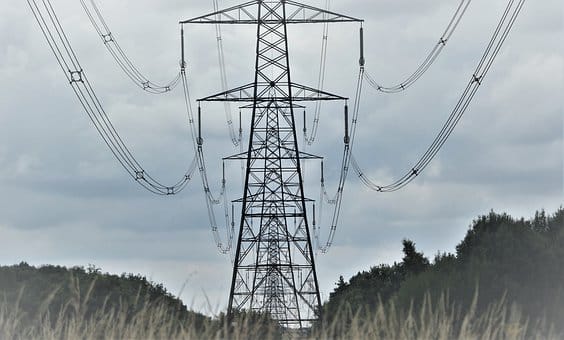Texas Commission Concludes Investigation into Houston-Area Utilities’ Weather Preparedness

The Texas Public Utility Commission on Nov. 21 approved a staff report concluding an investigation into utility preparedness and responsiveness to extreme weather in the Greater Houston Area. In July, Governor Abbott ordered an investigation into the flawed and delayed response of Houston utilities in the wake of Hurricane Beryl and the May 2024 Derecho. The commission released a final report, detailing 14 recommendations for improvement including vegetation management, mobile generation facilities, and emergency response planning.
The investigation, which lasted four months, gathered feedback from Houston residents and businesses from 94 formal requests for information to electric, water, and telecommunications companies. The upcoming 89th Texas Legislature could use some of the commission report’s recommendations to create specific policies for speeding up utility response during extreme weather.
In May, Southeast Texas experienced the devastating effects of a derecho which caused winds of over 100 mph and damaged critical electrical infrastructure. The derecho resulted in over one million power outages.
In July, Hurricane Beryl disrupted electric service for 2.7 million customers, including 2.2 million CenterPoint customers. The storm disrupted 125 transmission circuits and forced out five thermal generation resources and an energy storage resource. CenterPoint rescinded its rate increase request and $2.3 billion resiliency plan after facing heavy criticism for its slow response during the hurricane.
The commission made several recommendations to improve planning and customer coordination in its report. For example, the report recommends that utilities engage neighboring utilities, local governments, and emergency services in annual hurricane and major storm drills. The commission also recommended that the Texas legislature should codify a customer’s right to information about restoration times and the right to contact an electric service provider by phone.
The commission also included some key recommendations for vegetation management, such as instructing utilities to establish a reporting system for vegetation hazards, and recommending the legislature increase the penalty cap for electric service quality violations.
The investigation also highlighted the importance of mobile generation facilities in extreme weather. The commission found that CenterPoint had an inefficient method for deploying mobile generation to customers during a storm like Beryl, requiring an extra 21 generation units. The report recommends that utilities should identify suitable customer areas to deploy Temporary Emergency Electric Energy Facilities well in advance of such an event.
EnerKnol Pulses like this one are powered by the EnerKnol Platform—the first comprehensive database for real-time energy policy tracking. Sign up for a free trial below for access to key regulatory data and deep industry insights across the energy spectrum.
ACCESS FREE TRIAL